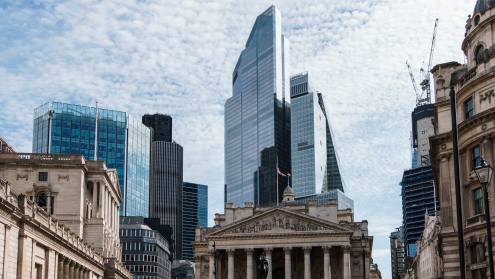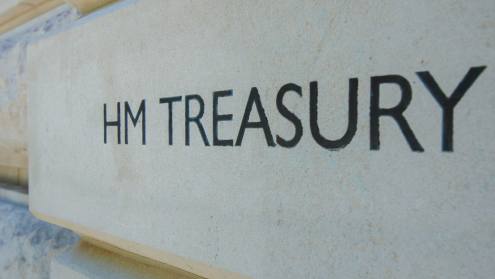In 1982, they were called less-developed countries, and they almost plunged the US banking sector into insolvency. By the 1990s, they had been rebranded as emerging markets, but some things hadn’t changed. The Tequila Crisis in Mexico in 1995, the Asia Crisis in 1997 and the Russian Crisis of 1998 – in each case, the meltdown of emerging market sovereign balance sheets spilled into developed markets.
A decade after the Russia default, the world is gripped by what is increasingly billed as the worst financial crisis since 1929. But as US banks fall by the wayside, what of the sovereign casualties? So far we have seen only the tiny tropical island of the Seychelles, failing in July 2008 to make payment on a E53m privately placed loan note, which could trigger a cross-default on its $230m global bond. This is not exactly the kind of event to provoke contagion.






